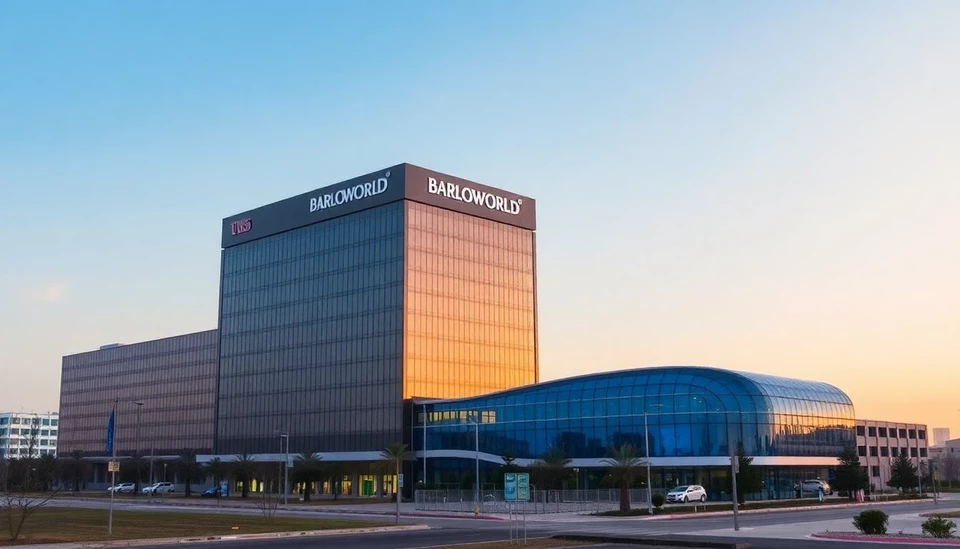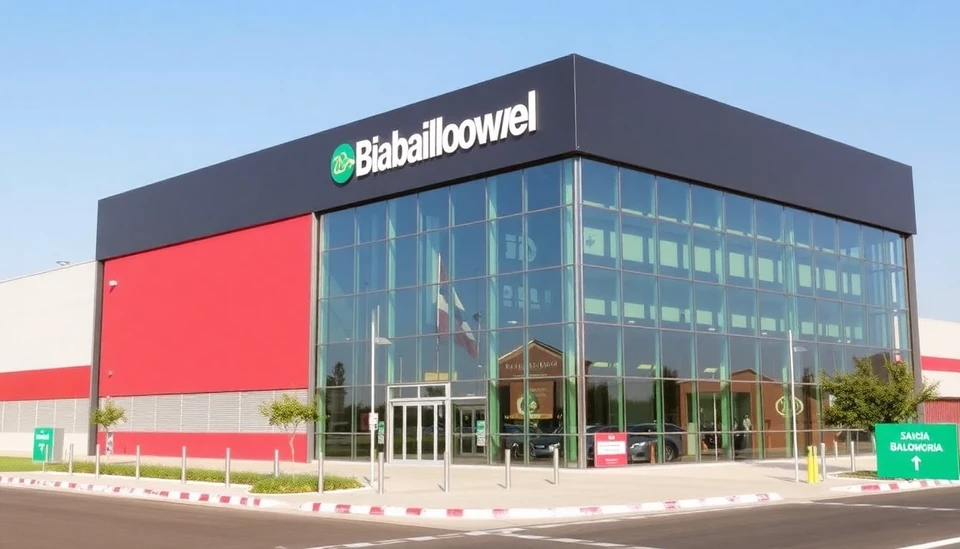
In a notable decision that has caught the attention of financial markets, shareholders of the South African company Barloworld have overwhelmingly rejected a takeover proposal put forth by Saudi conglomerate Zahid Group. The rejection has stirred discussions about the future direction of Barloworld amidst ongoing strategic evaluations.
The Zahid Group's proposal aimed to sweep up Barloworld in a bid to increase the latter’s operational capacity and leverage Zahid's extensive network in the automotive and equipment industries. However, the shareholders were not swayed by the allure of potential benefits outlined in the offer. Instead, they raised significant concerns regarding the valuation of the company and the strategic fit of Zahid's plans.
During the extraordinary general meeting held recently, a significant majority of shareholders voiced their disapproval of Zahid's takeover plans. Sources indicate that many shareholders felt that the bid undervalued Barloworld's intrinsic worth and did not align with the long-term strategic goals of the company. This pivotal move reflects a broader sentiment among investors who are keen on maintaining control over their investments and pushing for sustainable growth rather than pursuing immediate opportunities.
Barloworld has a rich history within the South African market, primarily known for its operations in the automotive, logistics, and industrial sectors. The firm has been actively pursuing avenues to enhance its capabilities and adapt to the shifting economic landscape, especially in light of the post-pandemic recovery phase. Thus, shareholders are understandably cautious about any drastic changes that could disrupt their strategic outlook.
The Zahid Group had initially positioned itself as a potential growth catalyst for Barloworld, promising to inject capital and resources into various operations. Nonetheless, the company’s shareholders remained unconvinced of the long-term benefits, arguing that the proposed plan lacked clarity on operational synergies and strategic integration that would be expected from a successful merger.
In the aftermath of the vote, Barloworld's management expressed a commitment to engage with shareholders and stakeholders effectively, reinforcing that their focus will remain on maximizing shareholder value while exploring strategic options. This stance indicates a determination to reassess pathways for enhancing organizational performance and value, independent of external takeover influences.
Market analysts have started to interpret the rejection as indicative of a growing trend where larger corporations must earn the confidence of shareholders, particularly in pivotal acquisition processes. For now, it is expected that Barloworld will continue to explore internal growth strategies, as its management says it remains open to other non-hostile proposals that align with their vision.
This rejection not only underscores the strategic independence Barloworld aims to maintain but also signals to potential acquirers the intrinsic value placed on the company by its shareholders. The sentiment among Barloworld’s stakeholders reflects a cautious but optimistic outlook on the company's future trajectory in a challenging economic environment.
As Barloworld navigates the complexities of its operational landscape, stakeholders will be monitoring closely for any further developments regarding strategic partnerships or future acquisition attempts. The ability of Barloworld to rebound and capitalize on its current market positioning remains paramount as the industry faces constant evolution and increasing competition.
In summary, the rejection of Zahid Group's takeover bid serves as a critical reminder of the importance of aligning corporate strategies with shareholder interests and the ongoing discussions surrounding value creation in the ever-evolving global business landscape.
#Barloworld #ZahidGroup #Takeover #ShareholderRights #SouthAfrica #BusinessNews #CorporateGovernance #MarketTrends
Author: John Harris
